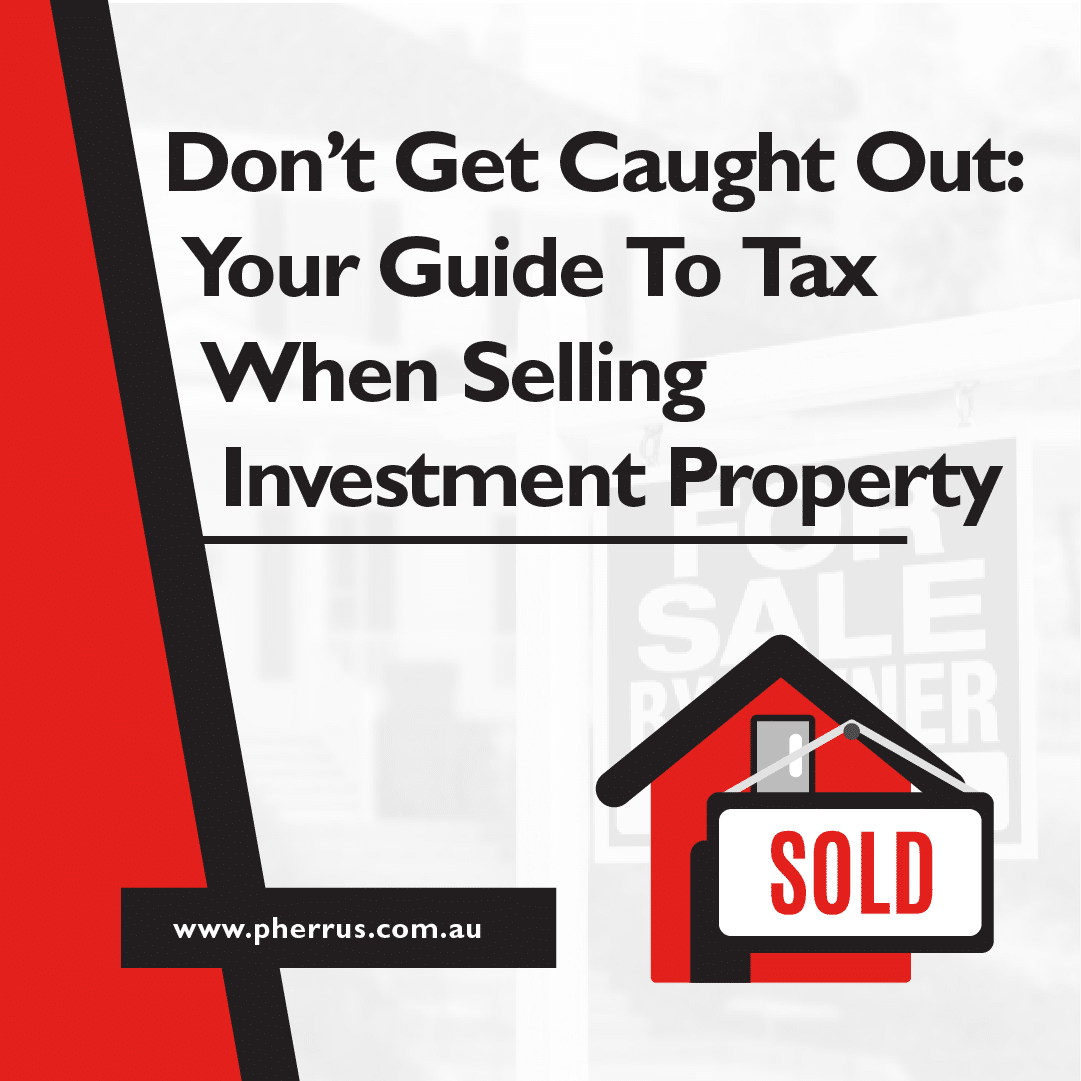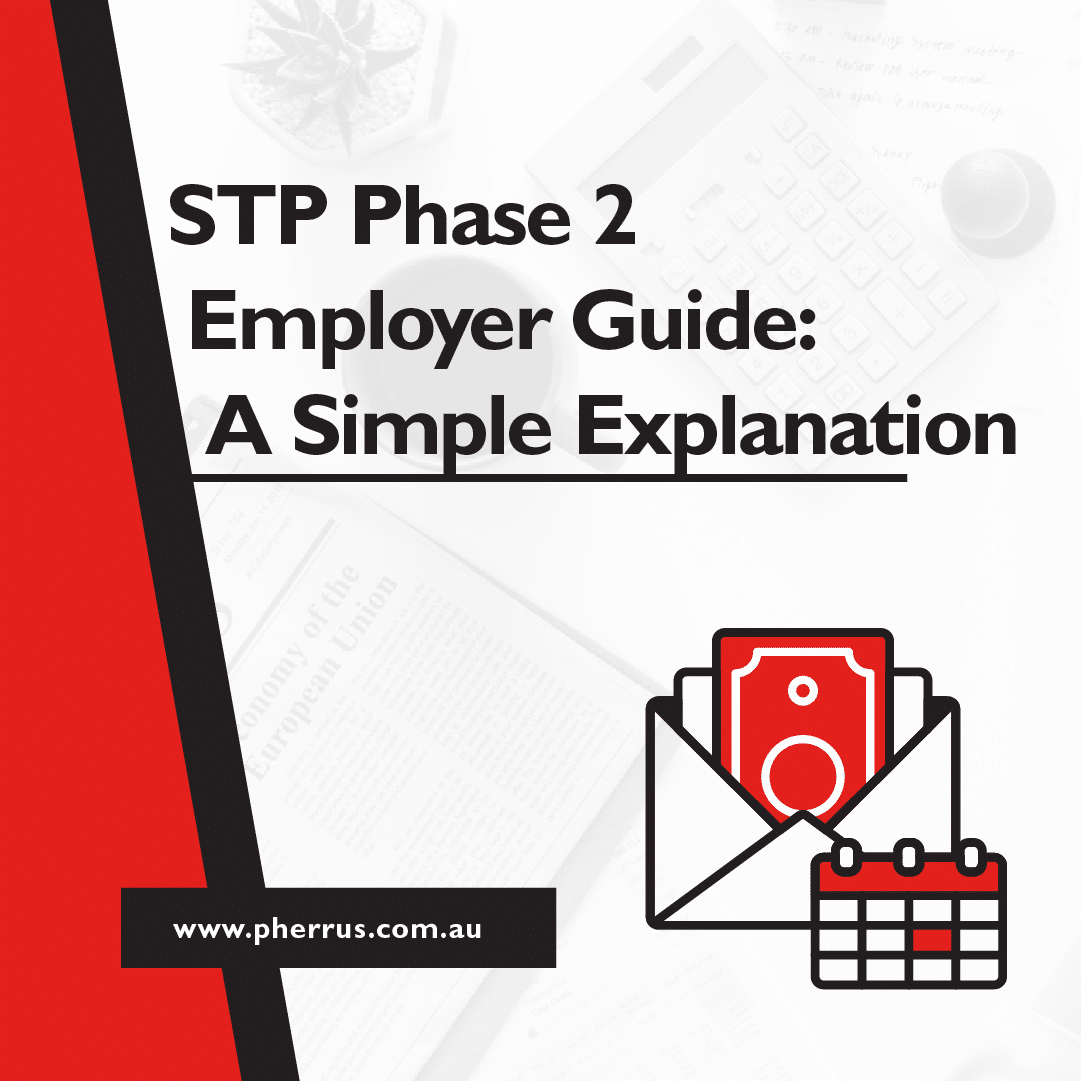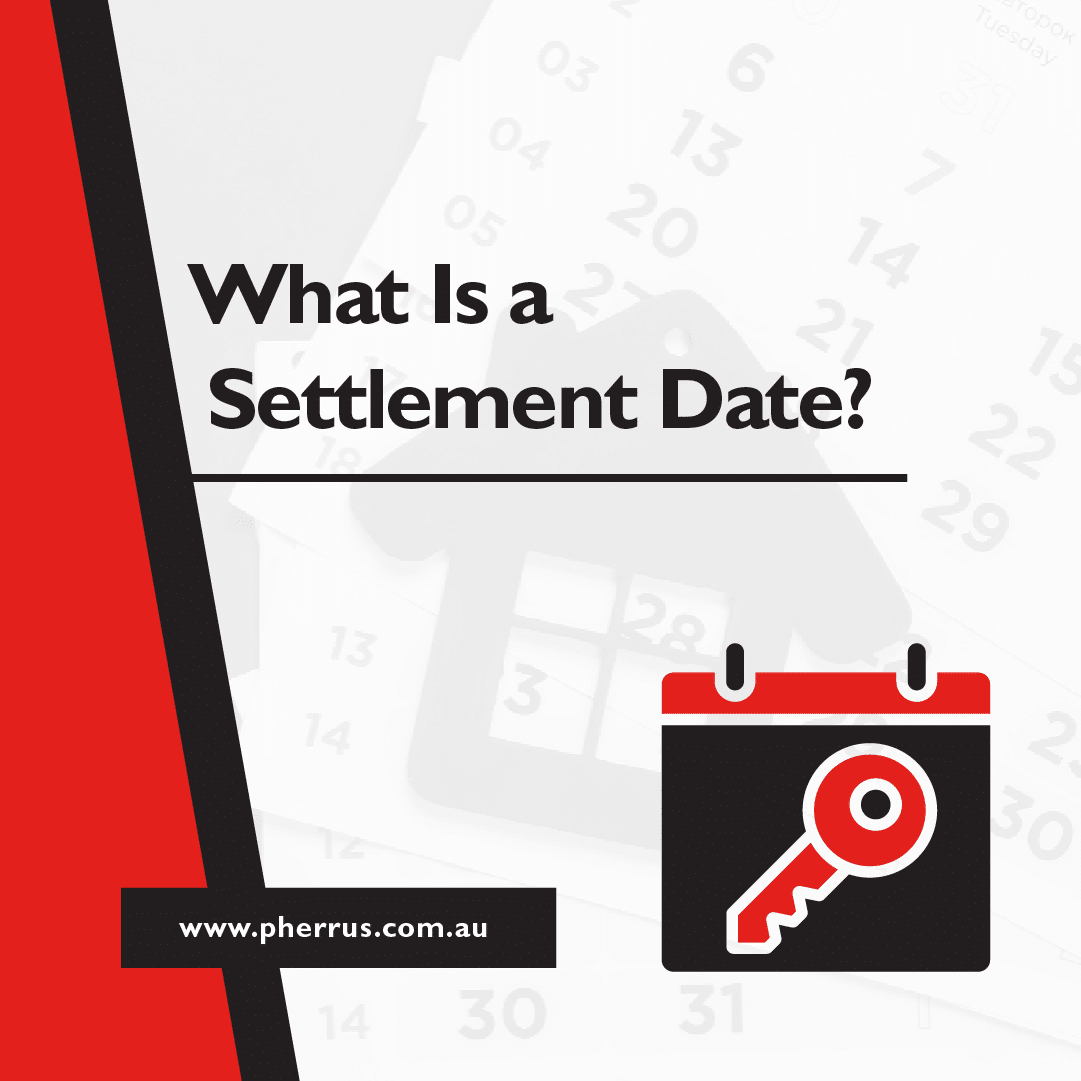As a property investor in Australia, you’ve worked hard to build your property portfolio, and now it’s time to cash in!
But before you sell, make sure you’re not leaving yourself open to a hefty investment property tax bill.
Understanding tax when selling an investment property and the implications can be a minefield.
With the ATO cracking down on property transactions, it’s more important than ever to understand the tax rules and avoid mistakes that could come back to hurt you later down the road.
From Australian capital gains tax to land tax, GST, and income tax, there are a range of taxes that can eat into your profits.
In this blog, we’ll give you the lowdown on what you need to know to minimise your tax liability and maximise your returns.
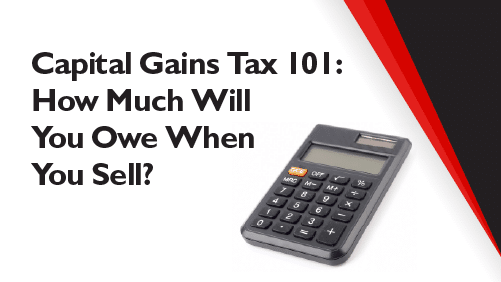
Capital Gains Tax 101: How Much Will You Owe When You Sell?
Capital Gains Tax (CGT) is a tax on the profit you make when you sell an asset, such as an investment property.
The amount of tax you owe depends on several things, like how long you’ve owned the property and your income level.
Here are three key things to remember for CGT:
- The 12-month rule. If you’ve held the property for over 12 months, you may be eligible for a 50% discount on your capital gain. This means that only half of the profit you make will be subject to tax. For example, if you sell a property for $700,000 and you bought it for $500,000, your capital gain would be $200,000. But if you’ve held the property for over 12 months, you’ll only pay tax on $100,000 of that gain.
- Calculating your cost base. Calculating your cost base is a big step in determining your CGT liability. Your cost base is the total amount you’ve spent on the property, including the purchase price and any expenses related to the property. This can include things like:
- Stamp duty and other acquisition costs. These are the costs associated with buying the property, such as stamp duty, conveyancing fees, and inspection fees.
- Agent fees and other selling costs. These are the costs associated with selling the property, such as agent fees, advertising costs, and auction fees.
- Renovations and improvements. If you’ve made any improvements to the property, such as renovations or extensions, you can include these costs in your cost base.
- Interest on your mortgage. If you’ve borrowed money to buy the property, you can claim the interest on your mortgage as part of your cost base.
- Claiming expenses against your capital gain. You can claim a range of expenses against your capital gain, including the ones mentioned above. This can help reduce the amount of tax you owe. For example, if you’ve spent $20,000 on renovations and $10,000 on agent fees, you can claim these expenses against your capital gain. This would reduce your taxable capital gain by $30,000.
Just remember that the ATO has strict rules about expenses you can claim against your capital gain.
It’s always a good idea to consult with a tax professional like Pherrus to make sure you’re claiming the proper expenses.
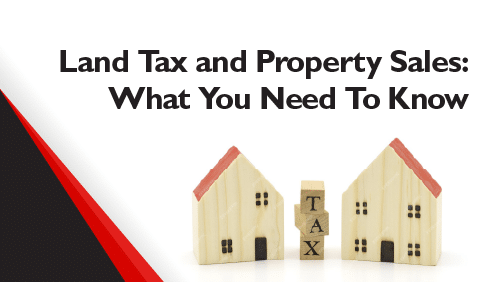
Land Tax and Property Sales: What You Need To Know
Land tax is an annual tax based on a property’s value.
As a property owner, you’re liable for land tax until you sell the property.
Here are some things to keep in mind:
- The amount of land tax varies depending on the state or territory where the property is located.
- Check with your state’s revenue office, as they can provide the most accurate and up-to-date information on land tax rates and rules. Use their online land tax calculators to determine the amount of land tax you owe.
- You’ll need to factor in land tax as an expense when calculating your net profit from the sale.
- You can claim land tax as a deduction against your taxable income.
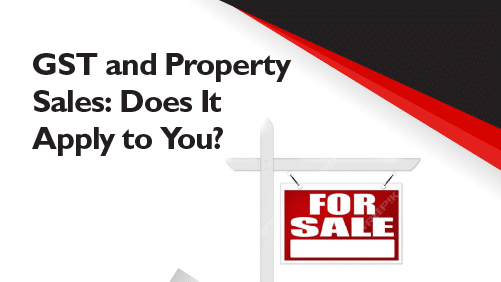
GST and Property Sales: Does It Apply to You?
Goods and Services Tax (GST) is a 10% tax on most goods and services.
However, when it comes to property sales, GST generally doesn’t apply to the sale of established residential properties.
There are a few things you will need to remember when it comes to GST and your property sale:
- New residential properties. If you’re a developer or builder selling a new residential property (one that has never been occupied), GST will usually apply to the sale price.
- Input-taxed sales. Some residential property sales might be considered “input taxed.” This means that the seller cannot claim GST credits for their purchases while no GST is charged on the sale.
- Going concerns. If you’re selling a property as part of a going concern (i.e., selling a business along with the property), the GST treatment might be different. GST might apply to the entire sale, including the property.
- Mixed-use properties. If the property has both residential and commercial uses, the residential portion might be exempt from GST, while the commercial portion could be subject to GST.
- GST credits. If you’re registered for GST, you may be able to claim credits for the GST you’ve paid on expenses related to the property, such as renovations or construction materials.
Reach out to us if you’re unsure about your GST obligations when selling an investment property.
We can help you understand the specific rules and determine whether GST applies to your situation.
Income Tax and Property Sales: When It Applies
Income tax can apply to property sales if you’re considered a property trader (i.e., you buy and sell properties frequently for profit).
If you’re a regular investor, your sale is usually subject to the Capital Gain Rules, if you are in the business of property trading you will have to report your trading profit as taxable income rather than a capital gain.
- Distinguishing between “investor” and “trader” isn’t always clear-cut. It depends on factors like the frequency of transactions, the intention behind the purchase, and how the property is used. It’s important to get professional advice if you’re unsure.
- If you’re a trader, you’ll need to report your profit as taxable income.
- You may be able to claim different expenses against your taxable income, including interest on your mortgage and agent fees.
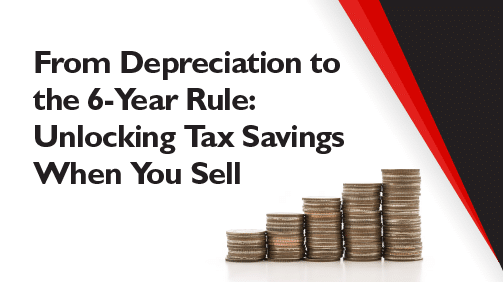
From Depreciation to the 6-Year Rule: Unlocking Tax Savings When You Sell
The 6-Year Rule
If you live in the property as your primary residence, you may be eligible for a full or partial exemption from Australia capital gains tax when you sell.
It’s important to know that you can rent out the property for part of that 6-year period and still qualify for the exemption.
The exemption amount will depend on how long you’ve lived in the property and how long it’s been rented out.
It’s a bit more complicated, but it’s still worth exploring.
Overall, the 6-year rule is a great incentive for homeowners wanting to rent their property without getting hit with a big tax bill.
Just remember to keep track of your time in the property and any rental periods, as this will affect your eligibility for the exemption.
Maximising Depreciation Deductions
When it comes to your investment property, depreciation can be a valuable ally in reducing your taxable income.
But it’s essential to understand how it can impact your tax bill when you eventually sell up.
Here’s the thing: when you claim depreciation, you’re reducing the cost base of your property.
This can lead to a bigger capital gain when you sell, which might seem like a bad thing.
But in reality, the tax savings you’ll get during the years you own the property often far outweigh the potential increase in capital gains tax.
Of course, there are some nuances to be aware of.
For example, if you scrap an asset, you’ll need to follow specific rules to avoid any unexpected tax surprises.
The distinction between plant and equipment depreciation and capital works deductions is also important —getting this right can make a big difference to your capital gain calculation.
So, what’s the best approach? It’s all about taking a holistic view of your tax situation.
Maximising depreciation deductions can be a smart move, but it’s crucial to consider it as part of a broader tax planning strategy.

Don’t Leave Money on the Table! Get Expert Tax Advice From Pherrus
When it comes to tax when selling investment property, the last thing you want is a nasty tax surprise.
But with so many rules and regulations to navigate, it’s easy to feel overwhelmed.
That’s where we come in.
Our team of expert tax professionals at Pherrus has years of experience helping property investors like you minimise their tax liability and maximise their returns.
We’ll take the time to understand your unique situation, identify opportunities for tax savings, and provide personalised advice that meets your needs.
Ready to get started? Fill out our online form or call us at (02) 9099 9109 to book your appointment at our Bella Vista office in Sydney, NSW.
We can’t wait to help you unlock your investment property’s full potential!
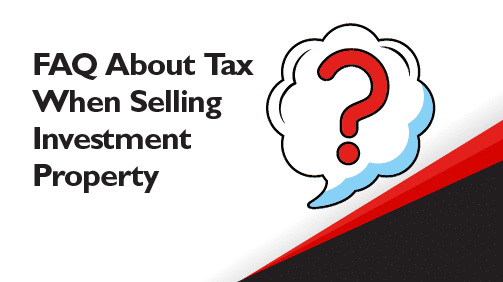
FAQ About Tax When Selling Investment Property
Are Investments Taxed As Capital Gains?
Yes, residential property investments are subject to Australian Capital gains tax, if you hold the property for more than 12 months you will have a general 50% discount on the gross capital gain.
What Is the 6-Year Rule for Capital Gains?
If you move out of your primary residence and use the property to produce rental income as an investment property, you can choose to apply the main residence exemption on this property up to the period of 6 years.
This rule does not apply to investment properties that you have not lived in as your main residence.
Is Gain on Sale of Investment Included in Net Income?
No, Gain on the sale of an “Investment” property is treated as a capital gain which has separate tax rules.
However, the net capital gain forms part of your taxable income at the end of the year the capital gain event happened.


